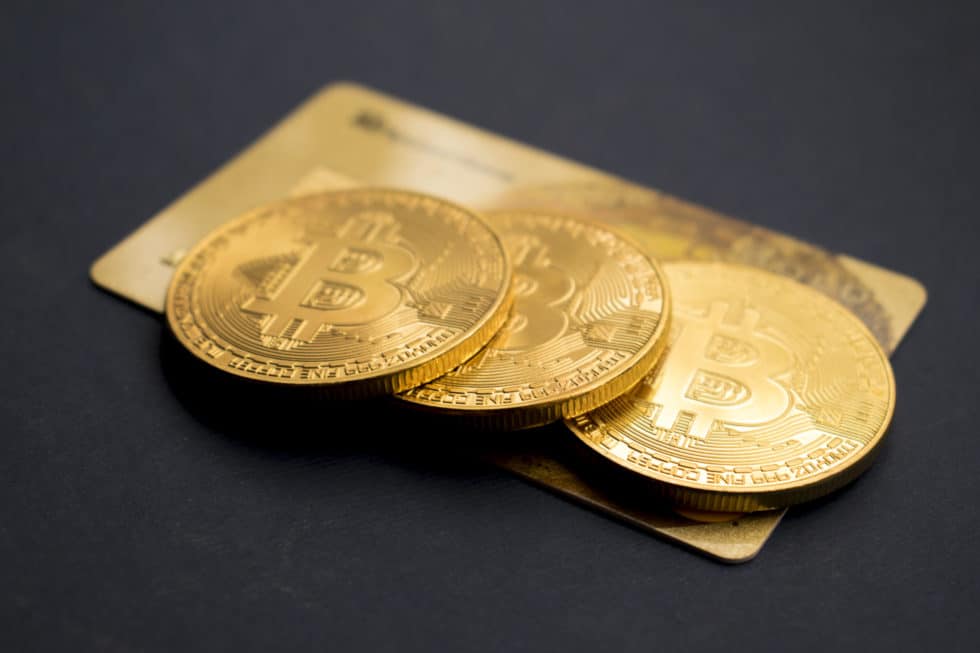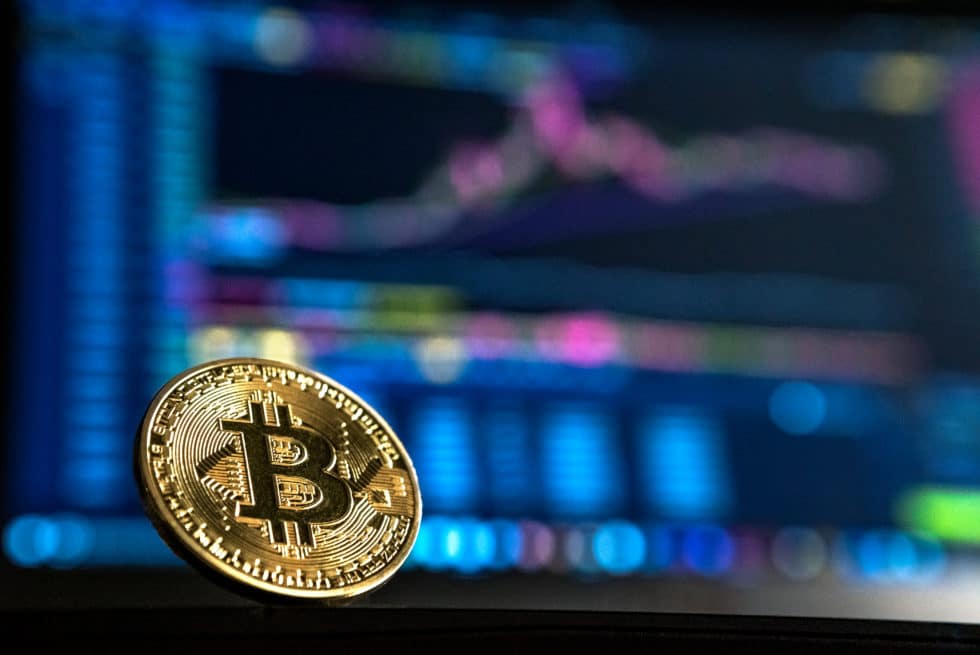Interview with Oliver Flaskämper, founder of bitcoin.de
Hand on your heart: How many sleepless nights have you had during recent months?
I didn´t find the last few months so disturbing. There was a downward movement, true, but price fluctuations will accompany us for a little while longer. That is the normal madness. What is decisive for me is that the background noise is increasing. We will continue having high volatility, but in the long run we will have to deal with a rising rate. Logarithmically, every burst of a bubble is followed by a new high. Many people will soon be happy not to have sold in the current phase. In the long run, the perspective is good.
Where do you get this optimism from?
We are talking about a system and a technology behind it, that has been working well for over 10 years without any major problems.
If you believe in the continuance and functioning of this technology, the current development can leave you quite cold. Crypto currencies are, of course, not for the faint hearted or for fans of saving books. Investing in Bitcoin is nothing for your private pension! Of course, you have to know: In case of doubt, all the money can simply be gone.

When do you personally start sweating?
For me it would be questionable, if the Bitcoin approaches 1000 dollars or less. Then something really must be wrong. One scenario would be if the OECD were to prohibit a community of states, for example, from banning crypto currencies. That would result in fundamental changes in the market, which would cause a strong loss of confidence in the currency. But I think in the end crypto currencies cannot effectively be banned. Technically, it is impossible to enforce regulations. You cannot ban people from sending each other crypto currencies. A law of banning cryptocurrencies would probably be as effective as banning gravity.
But there are always demands for regulation …
The decentralized Bitcoin network cannot be regulated. What can be regulated are the players, the exchange offices and the payment service providers. The Bafin shares this opinion, as does the Fed’s central bank chief.
Where do you see crypto currencies, ten years after the introduction of the technology?
At the moment, the hard-boiled are reentering the market. We are also on the verge of the next wave. At the same time, institutional investors are about to enter the market. So far it has been difficult for large funds to enter the market via direct investments.

Oliver Flaskämper, founder of bitcoin.de
They need corresponding products as well as certificates, warrants and ETFs, and such will come now. Even if only homeopathic amounts of capital available to the funds flow into the crypto market, we will see quite different prices. There is still a lot of music.
In your opinion, will Bitcoin remain the number one crypto currency?
Like everywhere there will always be a market leader. For government currencies it is the US dollar, for precious metals it is gold. Of course, this will also be the case for crypto currencies. Will it remain the Bitcoin? There is no guarantee for that.
What must a market leader in this field bring along?
The main characteristic of crypto currencies is that the quantity is limited! Bitcoin has a maximum of 21 million units. This means: as the owner of Bitcoins, you own a part of a very limited quantity. An absolute killer feature against state currencies! In their case, the central bank ultimately decides how many euros are in circulation via the corresponding instruments. In short: crypto currencies are digital gold! Confi-dence in this rarity gives people the confidence to ascribe any value whatsoever to these things. Bitcoins were initially completely worthless and only acquired value when two people agreed that they do have a certain value.
The Pizza Bitcoin day:
22nd of May 2010, marks the date on which the first physical goods were paid with Bitcoins – for two pizzas. In 2010, developer Laszlo Hanyecz handed over about 10,000 Bitcoins to other users of the Bitcointalk forum, who in return ordered two pizzas for the developer. The exchange rate at that time was low. At that time, the Bitcoins were worth around 30 euros.
What do you say 10 years after Bitcoin: Are we still talking about a hype or mainstream?
Crypto currencies have come to stay. We live in a digital world that is becoming more and more global and networked, and crypto currencies have a right to exist in such a world. One can certainly no longer speak of hype, even though many still like to do so. You can no longer compare it to the tulip hype of the 17th century. Crypto currencies have established themselves and will be as real as the Internet itself in a few years’ time. Everyone will have them in different forms in their digital wallet. We will have to learn that digital things have value. The younger generation will no longer have a problem with this!
How long do you expect the transition period to be until crypto currencies will be completely normal as a means of payment and perhaps even replace cash?
Crypto currencies will not displace state currencies, because states will always reserve the right to imitate money and impose money in its jurisdiction. Crypto currencies will always remain a parallel currency, but cash eventually will not exist anymore.
In the future, native currencies that are completely digital will be demanded. Two to three decades will pass before this is established. Development will accelerate strongly if government currencies or deposit protection systems come under pressure or merge. Many will then notice that crypto currencies – similar to gold – are a way to secure money and assets.

Would you advise me to buy Bitcoins today?
No, it is still too risky. Anyone who invests today will be advised to stick to a basket of currencies and not to put all your eggs in one basket. In addition, I can only recommend betting on many different crypto currencies at the same time.
There are very few Bitcoin vending machines in Germany. Why is that so?
This is due to the fact that for many years Germany was the only country in the European Union to regulate the issue through the Bafin. Since 2011, there has been a lot of need for legal clarification here. Until now, only banks were allowed to set up ATMs. We are now planning to install ATMs through a bank we bought three months ago and have permission for proprietary trading. Our aim is to set up such machines very quickly in all major cities.
What do you expect from it?
It is a good way to bring this topic closer to people in a playful way and at the same time to make it more widely known. But of course, it is also a way to earn money. Higher margins are achieved, between five and ten percent. For classic Bitcoin exchanges, this is only 0.2 to 1 percent. How much volume is behind it, we will still have to see. When we see that it’s worth it, we will roll out quickly.
“Through our own machines, we playfully bring people closer to the subject of Bitcoin and bring it to the masses.”
The stock exchange in Stuttgart is the first state-regulated stock to enter Bitcoin trading. What is your opinion about this, after all it is a risky bet.
To have the courage to enter this experiment, you have to tip your cap. There is much to win, but also to lose. A lot of know-how has been used to prevent failure. But yes! There are residual risks and, as a state-regulated stock exchange, failure could cause considerable damage. I have great respect for my colleagues. It is really a statement that a state-supervised stock exchange is entering the Bitcoin trading and thus ennobling a new asset class!
Will the other stock exchanges follow?
That is totally clear. As the saying goes: in the beginning you are ignored, then smiled at, then fought against and finally copied. So, the question is no longer “if”, but “when” and how”!
The author
Oliver Flaskämper founded various independent companies with internet business models, such as geizkragen.de, content.de, nettolohn.de, semigator.de as well as bitcoin.de, the only regulated trading platform for crypto currencies in Germany with a trading volume of 1.5 billion euros in 2017.

